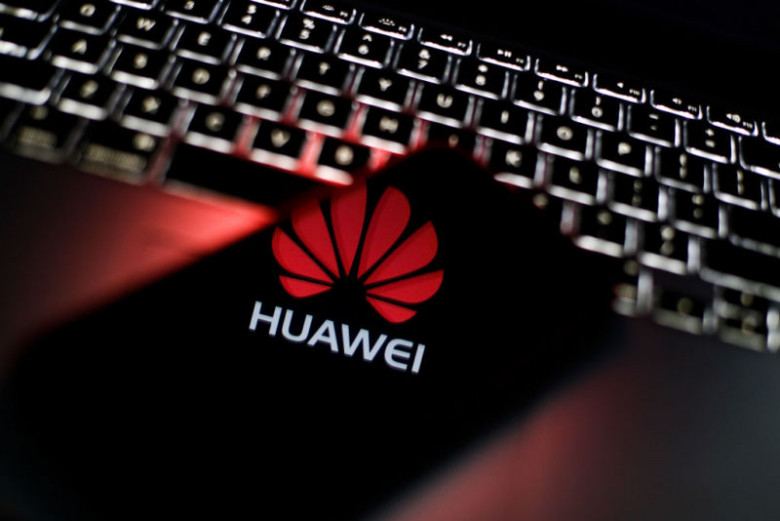Huawei argues congressional ban on its equipment is unconstitutional

Huawei is asking a federal judge in Texas to strike down federal legislation passed last year that banned Huawei—by name—from selling telecommunications equipment to the federal government. Huawei argues that the legislation violates the Constitution's rule against bills of attainder, laws that single out particular people for punishment.
Congress passed the most recent National Defense Authorization Act last August; Huawei launched its legal challenge against the law in March. The company filed a motion for summary judgment in the case on Tuesday. This is a motion that asks the judge to rule on the legal merits in the case prior to the discovery phase, when the two parties get to demand documents from one another to help them build their cases. Huawei hopes to avoid discovery because it could drag on for many months while Huawei is frozen out of competing for federal telecommunications business.
The ban passed last year empowers the Secretary of Defense to ban companies from supplying equipment to the federal government—or contractors using federal funds—if he determines they have ties to the Chinese government. Companies put on this list have an opportunity to appeal the decision to the courts. But the law singles two companies out by name for special treatment—Huawei and ZTE. These two companies are subject to a perpetual ban on competing for federal business with no provision for judicial review. And that, Huawei argues, violates the US Constitution.









































































